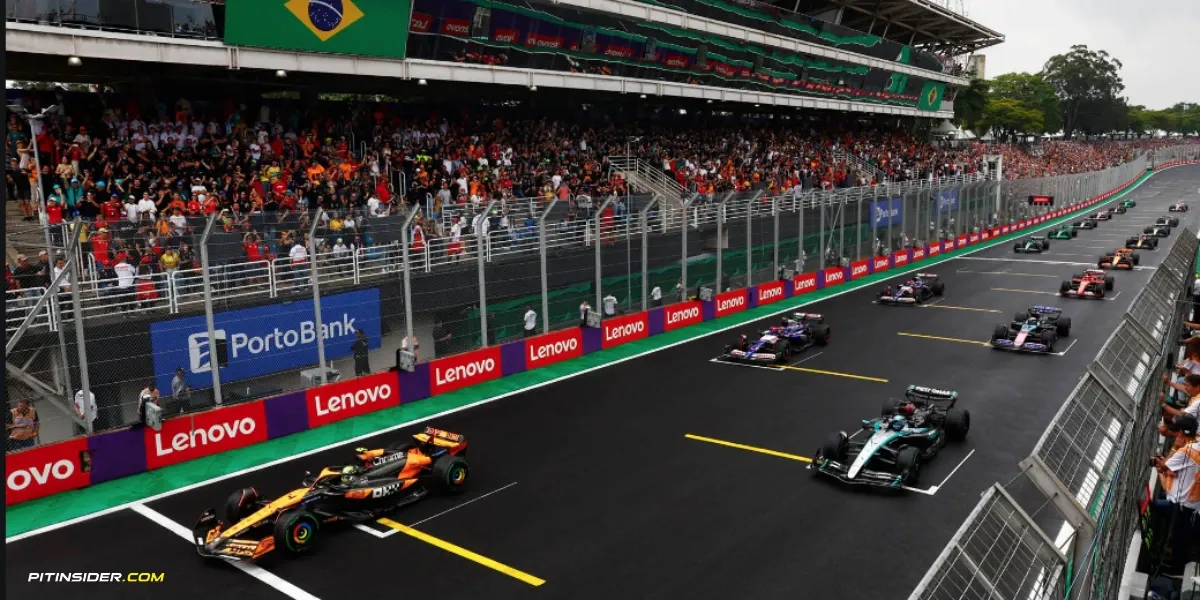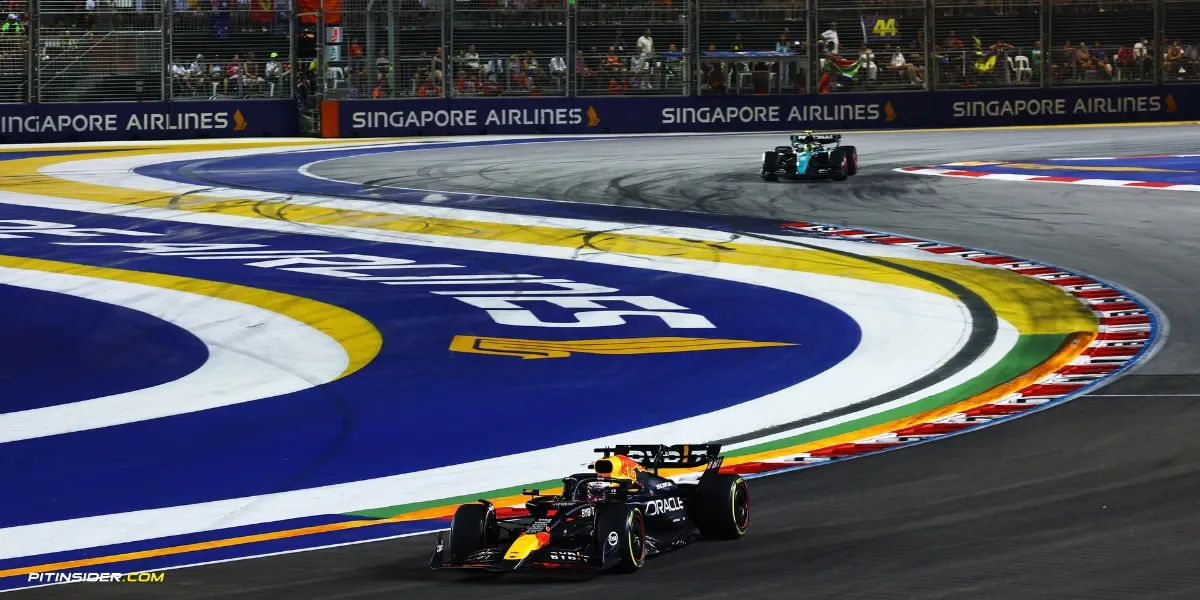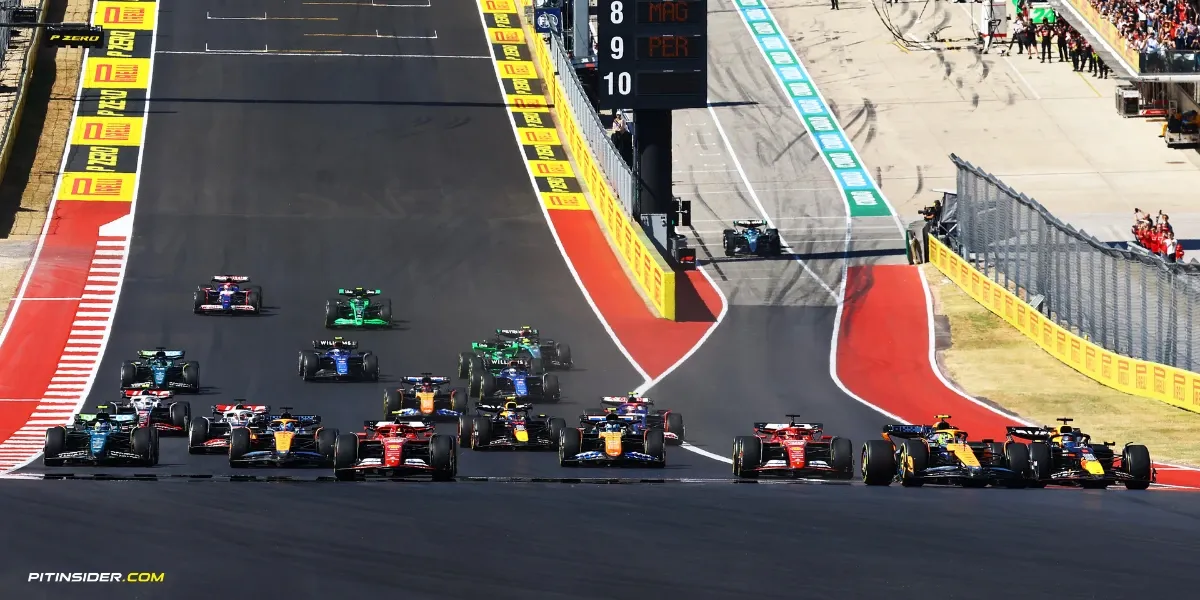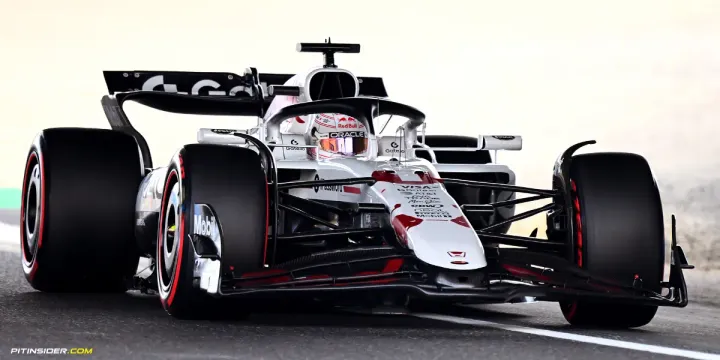F1 set for European venue rotation amid global expansion
F1 CEO confirms European race rotation coming "very soon" as new venues eye calendar spots; traditional circuits face sharing arrangements.

Formula 1's European heartland faces significant calendar changes as CEO Stefano Domenicali confirms plans for rotational races, marking a pivotal shift in the sport's traditional scheduling approach.
Rotation plans taking shape
The prospect of European venues sharing calendar slots has moved from speculation to imminent reality.
Domenicali revealing on a Liberty Media investors call that news about rotational European races would be shared "very, very soon."

This development comes as F1 grapples with balancing its packed 24-race calendar against growing interest from new venues worldwide.
European Venues face new reality
Currently hosting ten races including Azerbaijan, Europe's grip on the F1 calendar could loosen as the sport explores new markets.
With Spain's situation particularly fluid - Madrid joining in 2026 as Barcelona's contract expires - early speculation has already linked some venues to sharing arrangements.

Reports of Barcelona potentially alternating with Zandvoort emerged, though Dutch Grand Prix organizers have distanced themselves from such proposals.
Contract complexities
The implementation of rotational races faces significant hurdles with existing contract commitments.
Several prestigious venues hold long-term agreements, with Silverstone, the Hungaroring, and the Red Bull Ring secured into the 2030s.
Meanwhile, iconic circuits including Spa, Monza, Zandvoort, and Imola face contract renewals after 2025, though Monaco's special status likely shields it from sharing arrangements.

Global expansion pressure
Domenicali's strategy reflects mounting pressure from potential new venues, with the CEO specifically mentioning Argentina as a desired addition.
A second Saudi Arabian race at Qiddiya Circuit and Rwanda's bid to bring F1 back to Africa exemplify the global interest driving these changes.
"Our choice will always be balanced between the right economical benefits that we can have as a system and also to leverage the growth on the market,"
Domenicali explained, emphasizing F1's strategic approach to calendar development.

Calendar cap considerations
Despite the Concorde Agreement allowing for 25 races, Domenicali maintains that the current 24-race calendar represents an optimal balance.
"We believe that the balance we have in terms of numbers is the right one,"
he stated, suggesting that any new additions would likely come at the expense of existing races rather than calendar expansion.
These impending changes signal F1's evolving priorities as it balances traditional European roots with global expansion ambitions.
Could F1 be taking a risky gamble, tweaking a winning formula and potentially turning away its loyal fanbase?





Comments ()